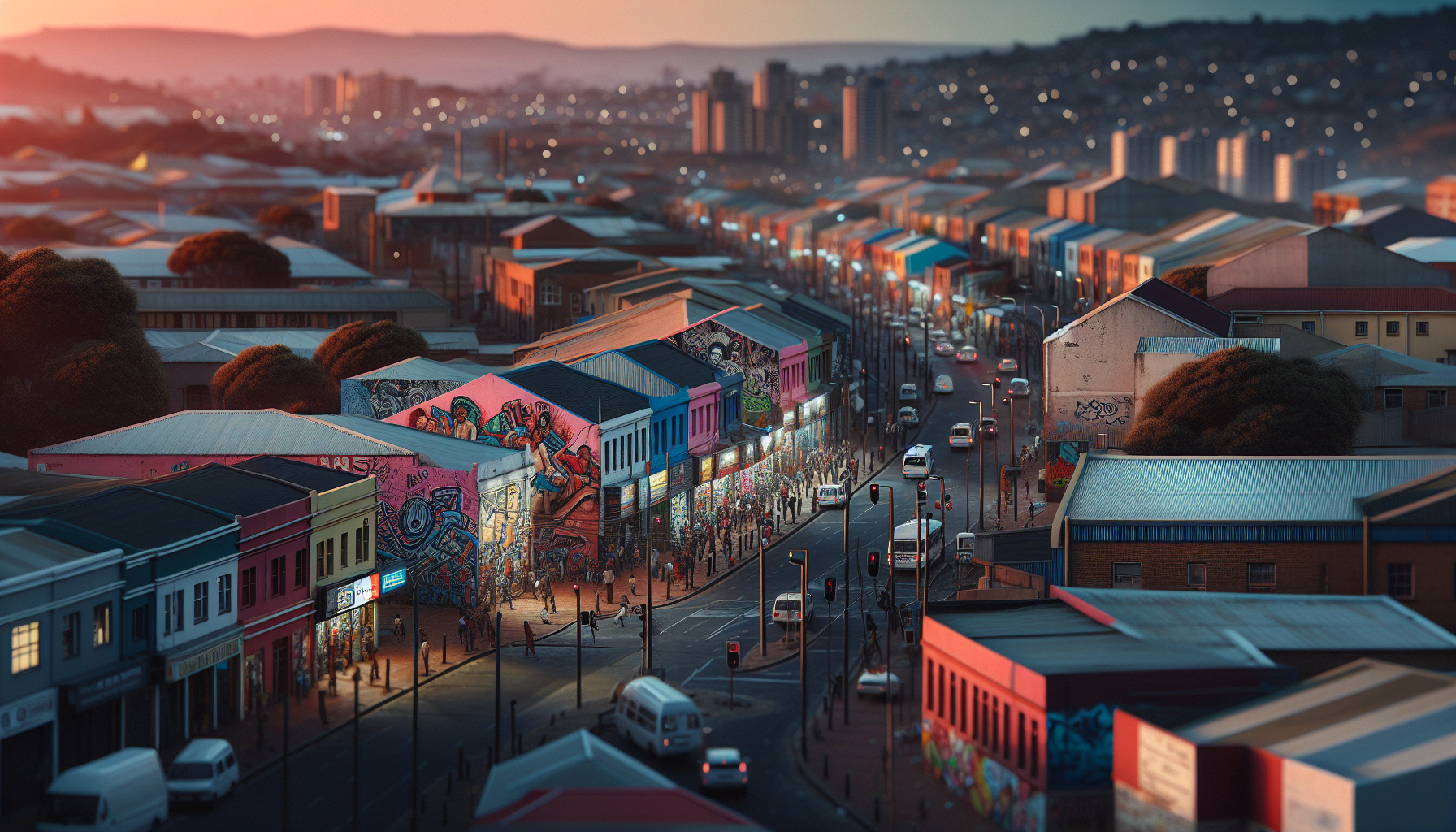Table of Contents
South Africa’s violent reality
South Africa, often portrayed through a lens of violence and racial tension, has a complex narrative that is frequently oversimplified in Western media. Since the end of apartheid in 1994, the nation has grappled with a staggering murder rate, with over 650,000 homicides reported. This figure starkly contrasts with the global average, highlighting a crisis that demands attention. The murder rate in South Africa stands at approximately 40 per 100,000, a figure that dwarfs the global average of around six per 100,000. This alarming statistic underscores the urgent need for a nuanced understanding of the socio-political landscape in South Africa.
The myth of land ownership
One of the most contentious issues surrounding South Africa is land ownership. Western narratives often claim that white South Africans, who constitute only 7% of the population, own the majority of agricultural land. However, this oversimplification ignores the geographical and economic complexities of land distribution. Much of the land owned by white farmers is situated in arid regions, while black South Africans hold significant land in the more fertile eastern areas. The South African government’s policy of denying individual land titles to black communities complicates the issue further, as it maintains a system of state control over land. This misrepresentation in the media fuels misconceptions about the realities faced by South Africans.
Local perspectives on pressing issues
When examining the priorities of South Africans, job creation emerges as the foremost concern, with over 20% of respondents identifying it as the nation’s most significant challenge. In stark contrast, issues surrounding land access rank low on the list of public concerns, mentioned by less than 5% of the population. This disconnect between media narratives and local priorities highlights a critical gap in understanding the true challenges faced by South Africans. Furthermore, recent legislation regarding property expropriation has raised alarms among citizens, with nearly 70% opposing the measure due to fears of potential abuse by corrupt officials. This sentiment reflects a pragmatic approach among South Africans, who prioritize stability and economic progress over divisive narratives.


